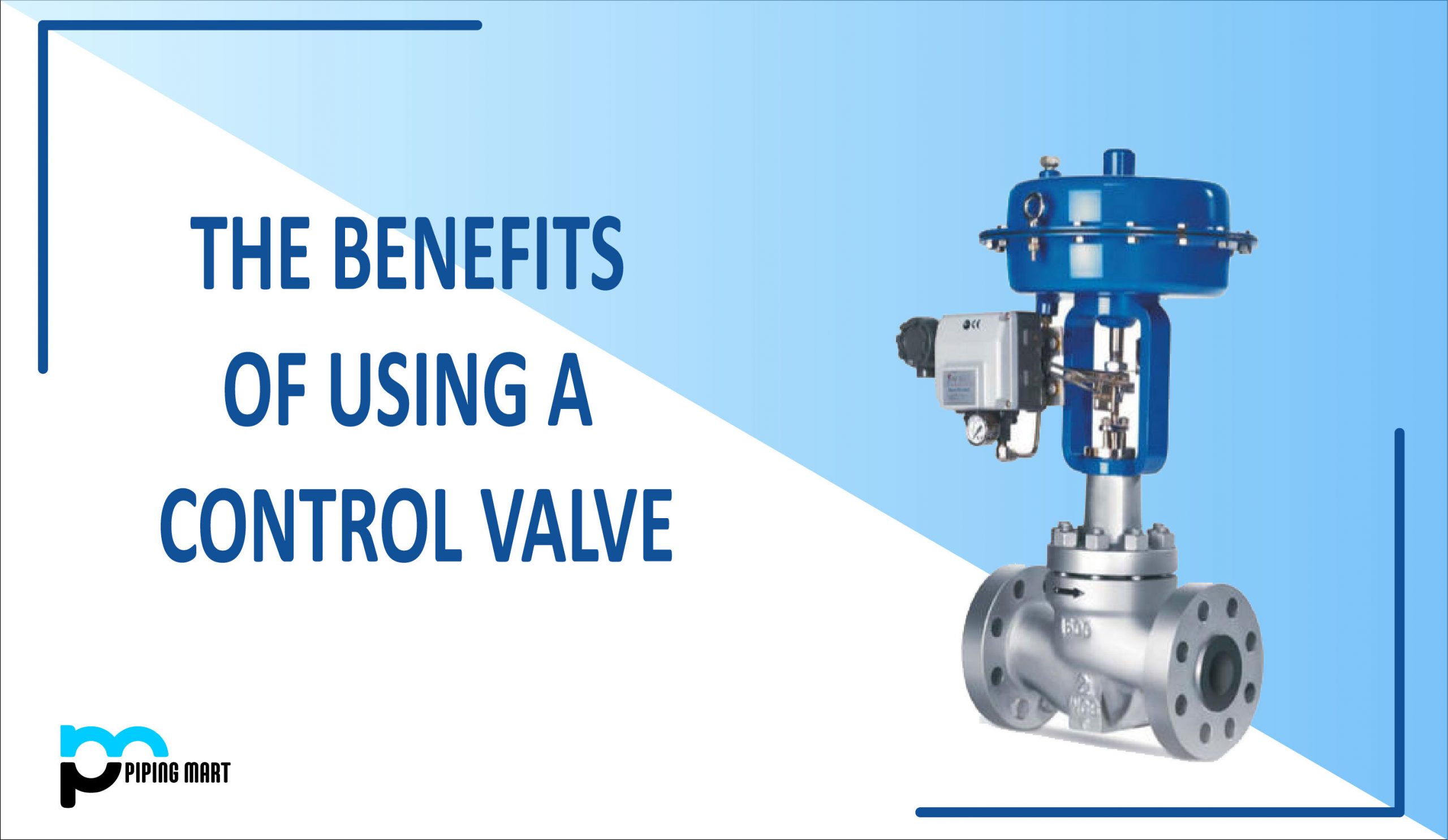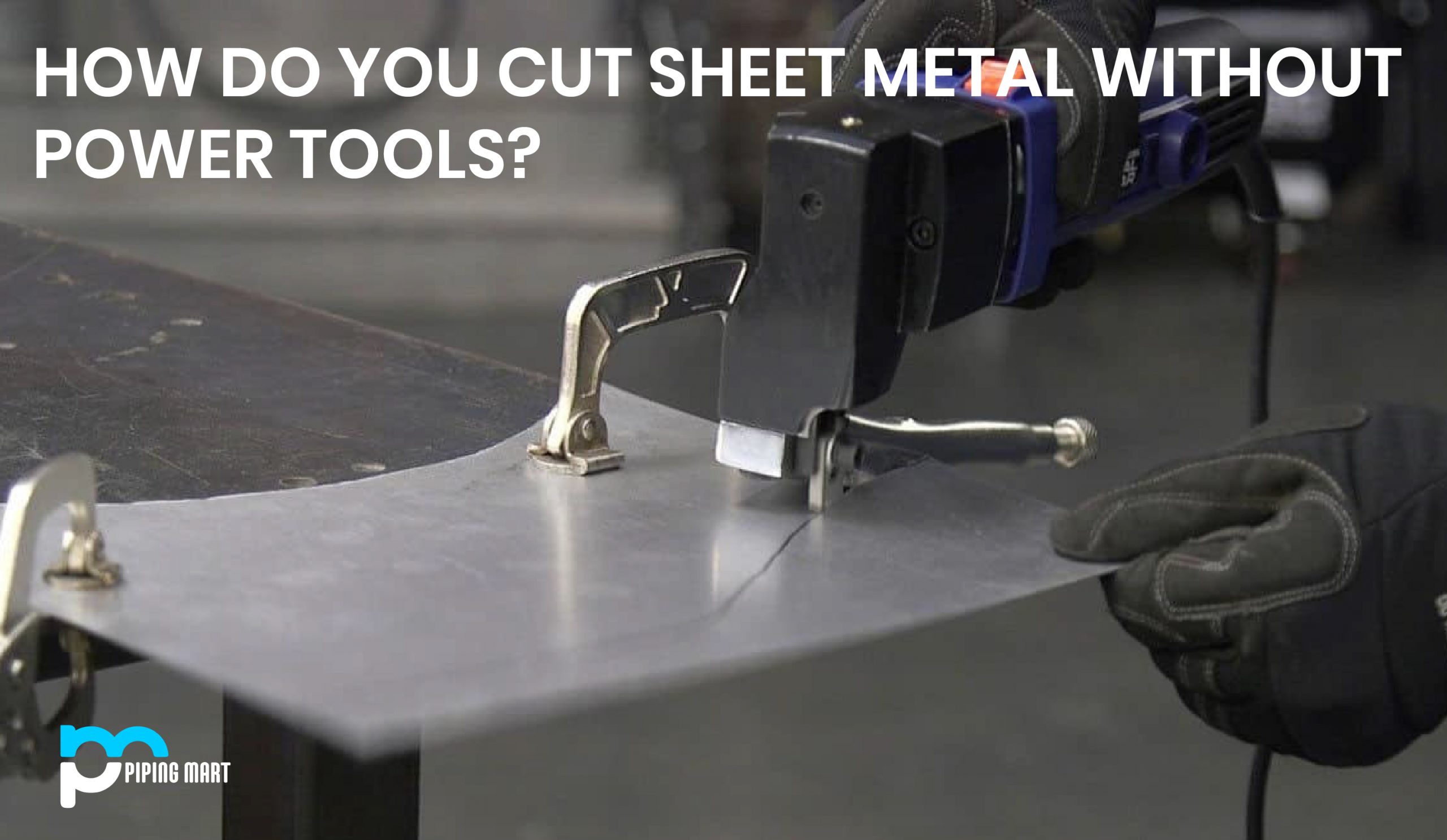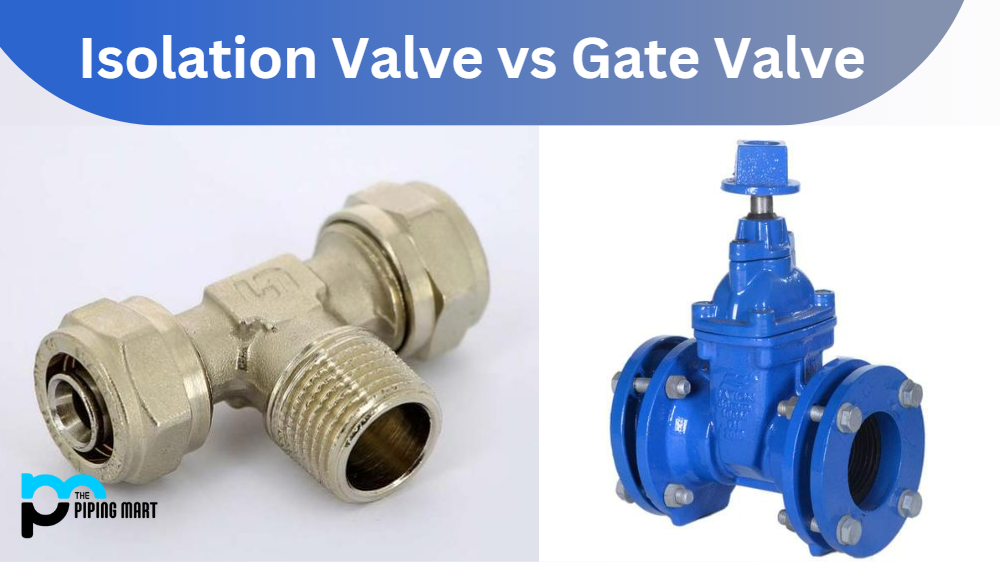Process plants are made up of hundreds, if not thousands, of control loops that collaborate to produce a saleable product. A control valve regulates fluid flow by changing the position of the valve plug or disc, which is controlled by an actuator. Control valves are used to maintain a process variable as close to its desired set point as possible. Flow rate, pressure, and temperature are common controller setpoints. Control valves can also be used to control product parameters such as density, concentration, liquid level, and others.
A control valve installation consists of the following components: a valve body, actuator, positioner, and accessories. A bonnet assembly and trim parts are included in the body. Its design is capable of withstanding fluid static pressure and differential pressure, allowing fluid flow, providing pipe-connecting ends, and supporting seating surfaces and a valve closure member. Actuators are pneumatic, hydraulic, or electrically powered devices that provide the force required opening and closing a valve. True actuator movement is monitored and controlled by positioners to maintain the desired set-point. Electro-pneumatic transducers, pressure regulators, handwheels, position indicators, and limit switches are examples of accessories.
The type of valve used will be determined by the pipe size, the overall pressure at which the system operates the flowing media, process conditions, and other factors. There is also a trade-off between the cost of the valve and the cost benefits of tighter control.
Types of control valves:
- High-Pressure Control Valves
- V-port Ball Valves
- Segmented Ball Valves
- Butterfly valves and gate valves
Advantages of Control Valves:
- Automatic Operation: One of the most important advantages of a control valve is that it automatically controls the opening and closing of a fluid. When these types of valves are used, users do not have to be concerned about manually closing or opening the valves.
- Easy Installation: Another significant advantage of control valves is their ease of installation. Many people can easily install these valves on their faucets without requiring the assistance of a plumber or a manufacturer. As a result of their ease of installation, they help users save time and effort.
- Reduced Wastage: The automatic operation of these valves results in a significant reduction in resource waste. Whether they are used in industrial or manufacturing processes, or at home, they will ensure less resource waste due to their efficient operation.
Applications of control valves
- Control valves are used in the oil and gas industry to regulate the flow of liquid or gas. High-Pressure control valves are used in the following applications by oil and gas producers:
- On a separator or treated a liquid dump valve.
- Any production vessel can experience gas backpressure.
- Compressor pressure reduction.

Pipingmart is B2B portal specializes in industrial, metal and piping products. Also, share latest information and news related to products, materials and different types grades to help business dealing in this industry.




